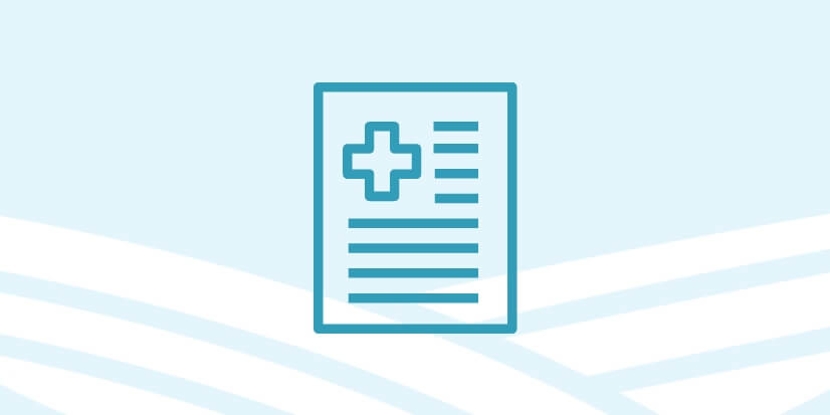Cardiac Arrhythmias
- Category: Blogs, Cardiology
- Posted On:
- Written By: Horizon Health

 Does your heartbeat so slow that it’s hard to get your breath? Does your heart seem to race within your chest? Does it sometimes feel like your heart is just quivering rather than beating steadily as it should?
Does your heartbeat so slow that it’s hard to get your breath? Does your heart seem to race within your chest? Does it sometimes feel like your heart is just quivering rather than beating steadily as it should?
September is Atrial Fibrillation Awareness Month, and Paris Community Hospital/Family Medical Center wants to share important information with you about abnormal heart rhythms.
Sometimes harmless and sometimes life-threatening, cardiac arrhythmias (or abnormal heart rhythms) can affect people of all ages, but become more common as we age.
Types
Atrial Fibrillation (AFib)occurs when the two upper chambers of the heart—the atria—quiver rather than beat steadily. This condition hinders the efficient flow of blood, increasing risk of blood clots and subsequent stroke. AFib is the most common of the serious arrhythmias, but it doesn’t always reveal itself with symptoms the patient recognizes, making it difficult to diagnose. If left untreated, Afib can lead to other health issues due to insufficient blood flow. With diagnosis and treatment, this is a manageable disease.
Ventricular Fibrillation can be deadly. When the two lower—or ventricle—chambers of the heart quiver instead of pumping blood, the symptoms are immediate and include rapid, erratic heartbeat and plummeting blood pressure. Blood supply is denied to the body’s vital organs, the patient collapses, and within seconds, stops breathing shortly after the fibrillation occurs. CPR must be administered until 9-1-1 responders arrive and take over the treatment.
Symptoms
Arrhythmias are sometimes subtle, but if you unexpectedly experience any of the following signs or symptoms, seek medical care immediately:
- Fluttering in the chest
- Racing heartbeat
- Slow heartbeat
- Premature or extra heartbeats
- Chest pain
- Shortness of breath
- Lightheadedness
- Dizziness
- Fainting, or near fainting
Causes
Arrhythmias are attributed to:
- Experiencing a present heart attack
- Scarring from a previous heart attack
- Blocked heart arteries
- High blood pressure
- Diabetes
- High-stress level
Treatment
Treatment goals seek to:
- Prevent blood clots in order to lower the risk of stroke
- Control the patient’s heart rate by restoring normal heart rhythm if possible
- Treat the heart condition or disease that has contributed to the arrhythmia
Maintaining a healthy lifestyle can reduce the risk of acquiring an irregular heartbeat. Managing your weight with a heart-healthy diet and regular exercise, moderating the use of alcohol and not using tobacco can go a long way in keeping your heart at a steady, healthy rhythm.
Paris Community Hospital’s cardiology services provide stress testing, monitoring, and treatment for cardiovascular disease, congestive heart failure, and arrhythmias. Visiting cardiologists are available to see patients, and cardiac rehab is offered in the Rehabilitation Services Department. Cardiac rehab is often recommended after a person experiences a cardiac event. Or, with a doctor’s order, any patient with a cardiac history may attend.


